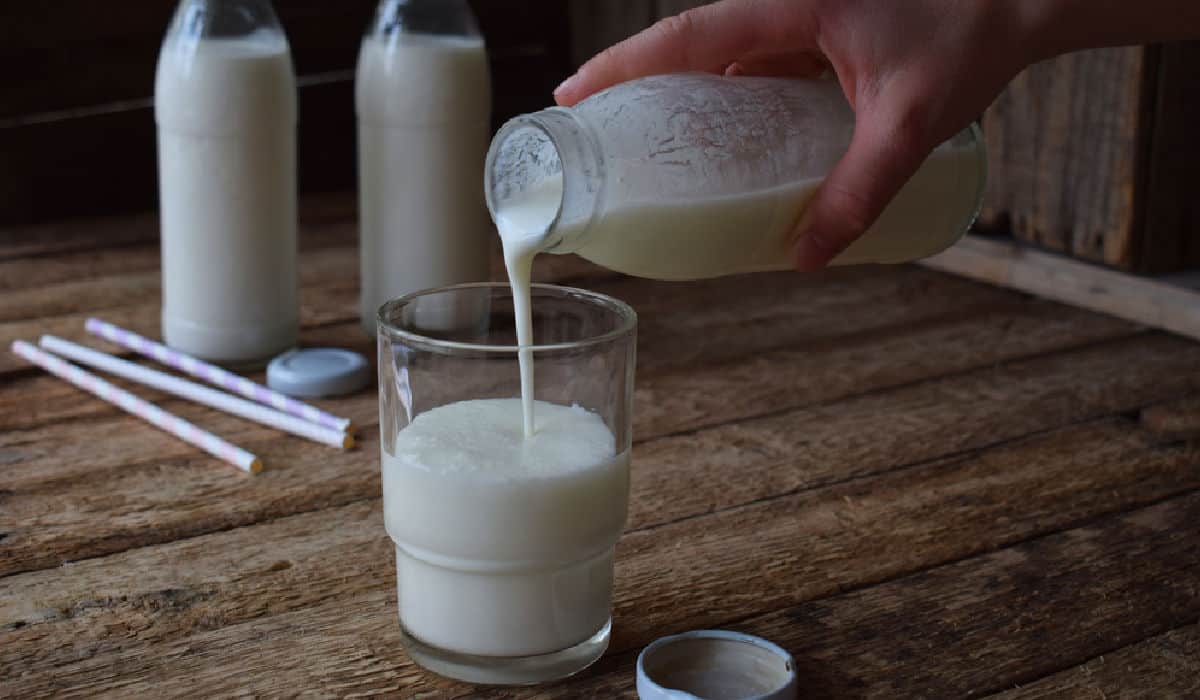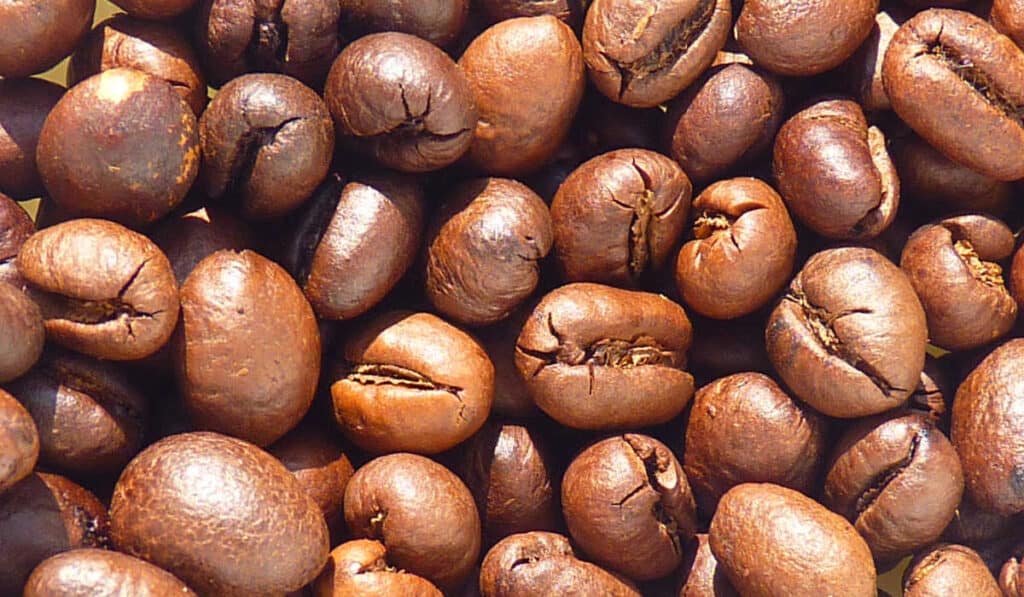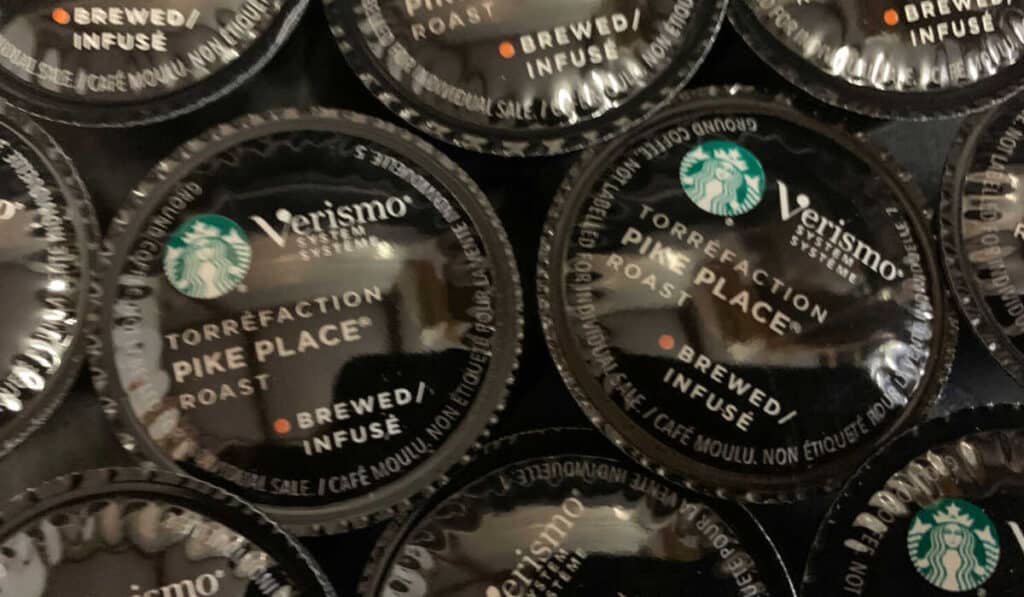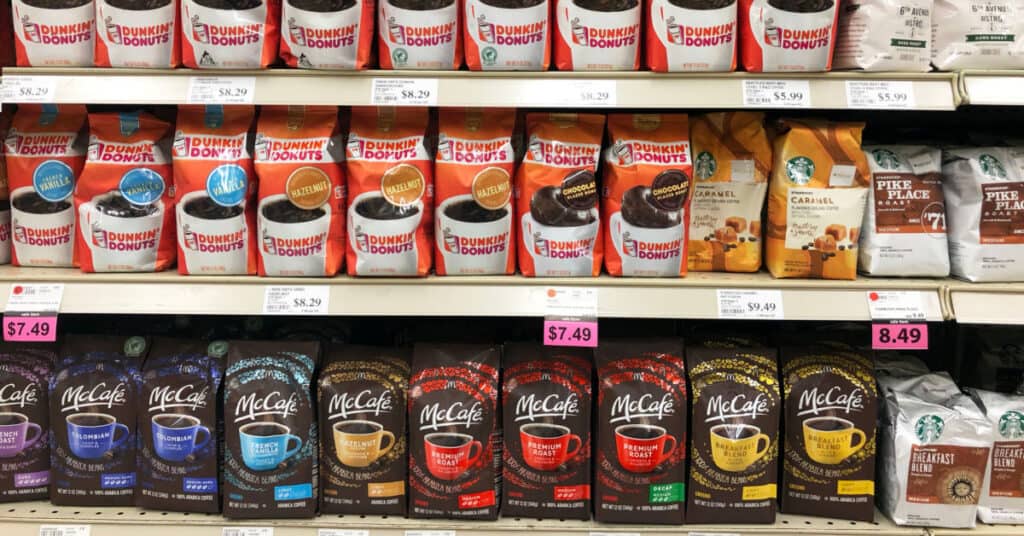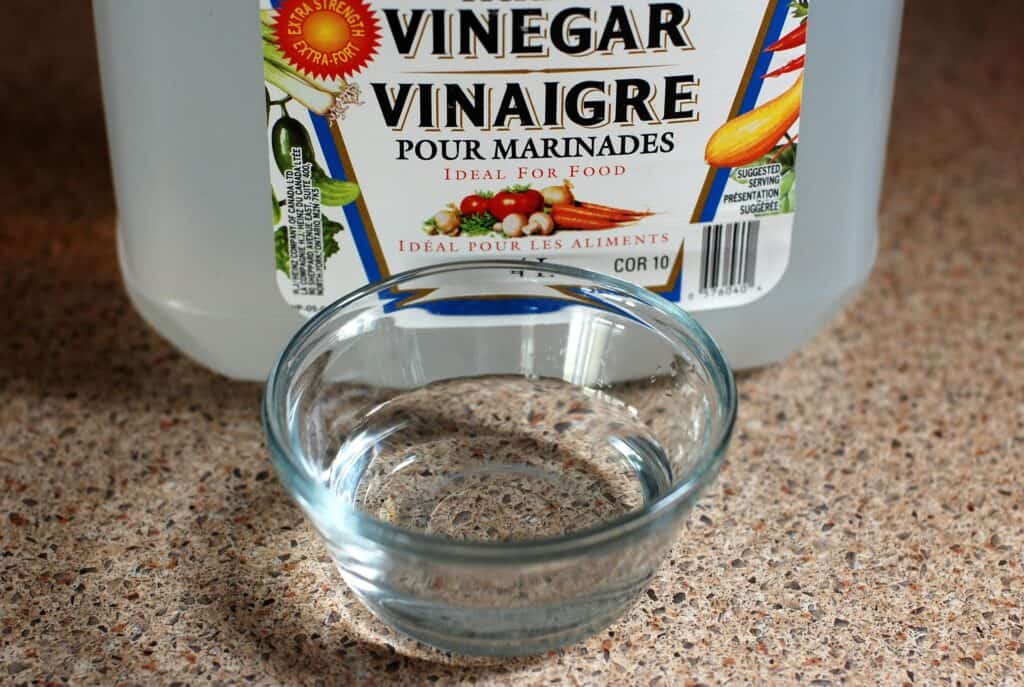As an Amazon Associate I earn from qualifying purchases.
They say that necessity is the mother of invention.
I’ve often dreamed of innovating something amazing in the kitchen so, when I had no milk or creamer on hand for my morning coffee, I knew my time had come.
I looked through my fridge and my options to add to my coffee ended up being: kefir, sour cream, and mayonnaise.
I chose the Kefir to add to my coffee.
I slowly poured the kefir in and watched it curdle in the bottom of my cup. Not to be deterred, I tried it.
In short, it was super gross. It had the acidic taste of chunky vomit. If you’re into that, kefir in coffee might be for you. However, since innovation can’t be stopped, I kept at it until I discovered a great way to incorporate the two. It just might not be what you expect!
The Problems With Putting Kefir In Coffee
The problem with adding kefir to coffee actually had nothing to do with me or how I went about it. It had much more to do with the types of things involved. Milk kefir and hot coffee.
Both of them brought some problems to the table:
- Coffee Is Acidic. Due to its high acid content (how high depends on the types of coffee beans) coffee tends to curdle many dairy products. Heat exacerbates this (eg. hot coffee) and leaves the kefir in a curdled mess on the bottom.
- Kefir Probiotics Dislike Heat. Despite my love for kefir, I’ll admit that it has an interesting taste. Like runny carbonated yogurt. Either you love it or you hate it. However, the fermenting process means that even if you don’t like the taste, kefir can be beneficial due to the high number of good bacteria it contains. Coffee ruins all of that. The heat of near-boiling water kills most of the probiotics before they can do anything beneficial for your gut.
In short, the combination ruins two great things.
However, there is a simple way to integrate the two.
Drink them one after another. Innovative, right?

The problem with drinking coffee in the morning is that the levels of acid (especially in hot black coffee) can be hard on your stomach lining. If coffee leaves you running for the bathroom soon after your morning cup you may want to try some kefir.
I typically have 4-8oz of kefir a bit before my morning cup. Having something else in your stomach still allows you to get the caffeine boost while tempering some of the other less-desirable effects of morning coffee.
How To Add Kefir To Coffee (If You Must)
Despite my experience, you might be set on trying kefir in your coffee. Or maybe you detest black coffee and have no other options available. If that’s the case, let’s talk about the best ways you might give it a go.
Adding Kefir To Hot Coffee
One of the reasons that coffee curdles milk products is the disparity in temperature. If you take your kefir straight out of the fridge and pour it in cold it will curdle every time.
A better idea would be to thin it out slightly (with milk or water) and warm it up. If you warm it up slowly you may preserve at least some of the probiotics and you can avoid it curdling when added to your coffee.
You don’t have to warm it up to boiling, just warm is enough for them to cooperate better in your mug.
Remember though, just because they look homogeneous in your cup doesn’t mean that it won’t taste like hot garbage.
Adding Kefir To Cold Brew
If you want to solve both problems, adding kefir to cold brew or iced coffee can be an easy solution. It allows you to avoid the curdling and keep the probiotic effects.
Cold-brew coffee is significantly less acidic than a steaming cup of joe which makes the integration better. However, you still have to drink it.
So let’s talk about a way to integrate getting your morning buzz with your probiotics shot in a way that isn’t disgusting.
A Better Idea – Coffee Kefir
Many people have had success making caffeinated kefir by making a strong cold brew and adding it to kefir.
For example, adding 4 ounces of cold brew to 16 oz will give you a probiotic drink and a nice kick of energy. The strength of your coffee brew will make or break your recipe here as the idea is to add as much coffee with as little volume as possible.
Alternatively, you could add instant coffee to your kefir. It would just taste like instant coffee kefir afterward.
If you make your own kefir you can also add extra strong coffee during the second fermenting stage and it won’t affect your kefir (but will give you the benefits of coffee).
Conclusion
At the end of the day, kefir and coffee are just not made for each other. If you have nothing else available to make your black coffee less intense, try making coffee kefir. Otherwise, just give your homemade cup of coffee a pass and pick something up from Caribou Coffee on the way to work.

